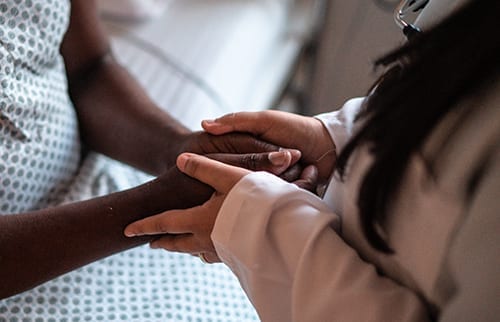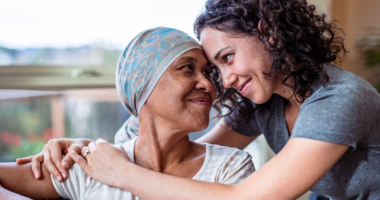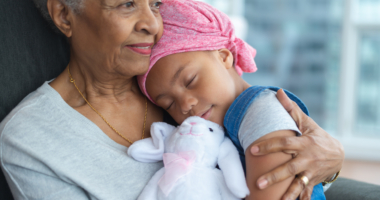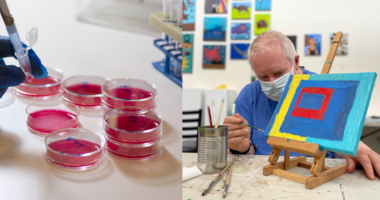
Bone marrow transplants have provided life-saving cancer treatments for more than 30 years. As researchers strive to increase survival rates and reduce complications, there’s a critical need for improved access to bone marrow matches and better outcomes for people of color and individuals with highly diverse ethnic backgrounds. For people needing a bone marrow transplant, finding a match can be challenging, and for people of color and patients with multi-faceted ethnicity, it’s even more difficult.
According to the donor registry Be the Match, Caucasians have about a 77 percent chance of finding a matching donor, while African Americans’ chances are 23 percent. Highly diverse minority patients encounter additional barriers due to their mixed ethnic backgrounds. Even members of the same family aren’t necessarily good matches, and once a donor is identified, patients still face post-transplant rejection and other complications.
Dr. Brenda Sandmaier of the Fred Hutchinson Cancer Research Center is working to improve these odds. Support from the Kuni Foundation funded early-stage clinical trials focused on enhancing the viability of bone marrow donations from family members who might only be a 50 percent match. The effort also seeks to reduce relapse or rejection of the donor bone marrow.




